For communication, Apple platforms offer an excellent iMessage solution. Through iMessage we can send text and voice messages, pictures, videos, stickers and many others. At the same time, Apple pays attention to security and overall convenience, thanks to which it can boast, for example, end-to-end encryption or a typing indicator. But there is one catch. Since it is a technology from Apple, it is logically only available in apple operating systems.
It could be interest you
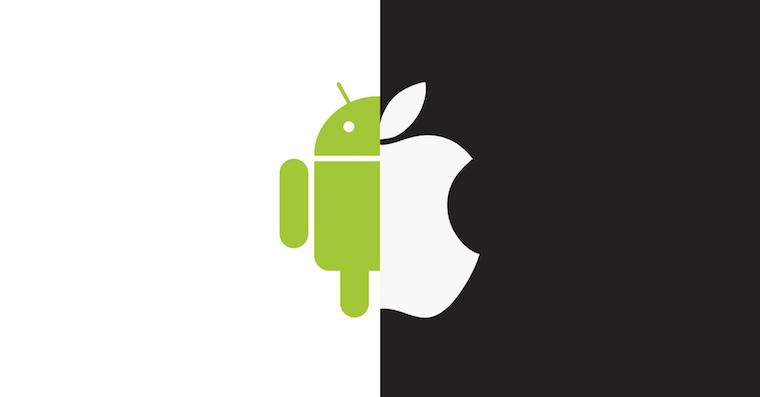
iMessage can practically be described as a successful successor to earlier SMS and MMS messages. It does not have such limitations on sending files, allows you to use it on practically all Apple devices (iPhone, iPad, Mac), and even supports games within messages. In the United States, the iMessage platform is even connected to the Apple Pay Cash service, thanks to which money can also be sent between messages. Of course, the competition, which relies on the universal RCS standard, will not delay either. What exactly is it and why might it be worth it if Apple for once did not create obstacles and implemented the standard in its own solution?
RCS: What is it
RCS, or Rich Communication Services, is very similar to the aforementioned iMessage system, but with a very fundamental difference – this technology is not tied to a single company and can be implemented by practically anyone. As with Apple messages, it solves the shortcomings of SMS and MMS messages, and therefore can easily cope with sending images or videos. In addition, it has no problem with video sharing, file transfer or voice services. In general, this is a comprehensive solution for communication between users. RCS has been with us for a few years now, and for now it's the prerogative of Android phones, as Apple resists foreign technology tooth and nail. It should also be mentioned that RCS must also be supported by a specific mobile operator.
Of course, security is also important. Of course, this was not forgotten at RCS, thanks to which the other problems of the mentioned SMS and MMS messages, which can be "eavesdropped" quite simply, are solved. On the other hand, some experts mention that in terms of security, RCS is not exactly twice the best. However, technology is constantly evolving and improving. From this point of view, therefore, we have practically nothing to worry about.
Why want RCS in Apple systems
Now let's move on to the important part, or why it would be worth it if Apple implemented RCS in its own systems. As we mentioned above, Apple users have the iMessage service at their disposal, which from a user's point of view is the perfect partner for communicating with friends, family or colleagues. The fundamental problem, however, is that we can communicate in this way only with people who have an iPhone or another device from Apple. So if we wanted to send a photo to a friend with Android, for example, it would be sent as an MMS with strong compression. MMS has limitations in terms of file size, which should usually not exceed ±1 MB. But that is no longer enough. Although the photo can still turn out relatively well after compression, in terms of videos we are literally loaded.
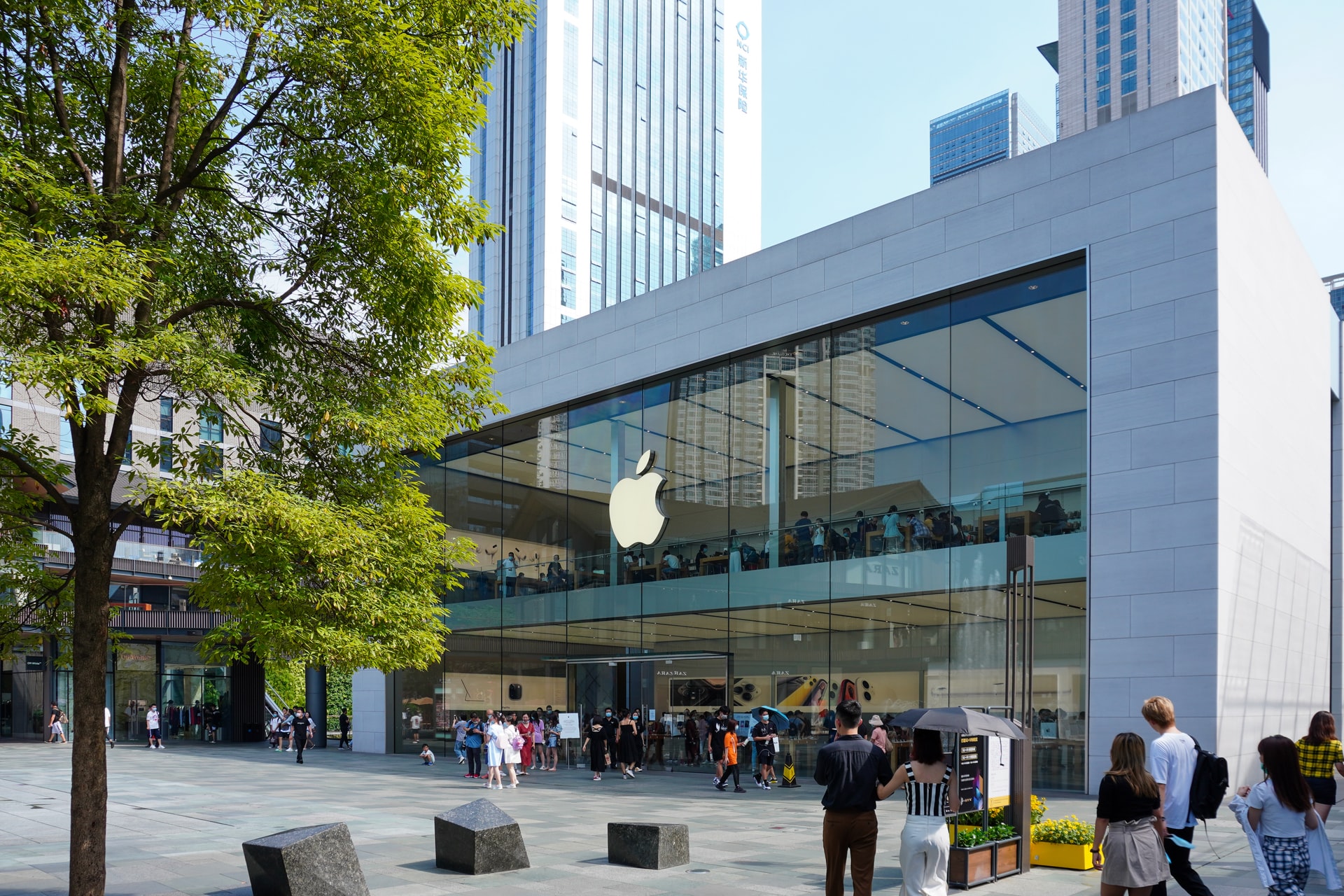
For communication with users of competing brands, we are dependent on third-party platforms – the native Messages application is simply not enough for such a thing. We can easily tell by the colors. While the bubbles of our iMessage messages are colored blue, they are green in the case of SMS/MMS. It was green that became an indirect designation for "Androids".
Why Apple doesn't want to implement RCS
It would therefore make the most sense if Apple implemented RCS technology in its own systems, which would clearly please both parties – both iOS and Android users. Communication would be greatly simplified and we would finally no longer have to rely on applications such as WhatsApp, Messenger, Viber, Signal and others. At first glance, only the benefits are apparent. Honestly, there are practically no negatives for users here. Even so, Apple resists such a move.
The Cupertino giant doesn't want to implement RCS for the same reason it refuses to bring iMessage to Android. iMessage works as a gateway that can keep Apple users in the Apple ecosystem and make it difficult for them to switch to competitors. For example, if the whole family has iPhones and mainly uses iMessage for communication, then it is more or less clear that the child will not get Android. It is precisely because of this that he will have to reach for the iPhone, so that the child can participate in, for example, a group conversation and communicate normally with others. And Apple does not want to lose exactly this advantage - it is afraid of losing users.
It could be interest you
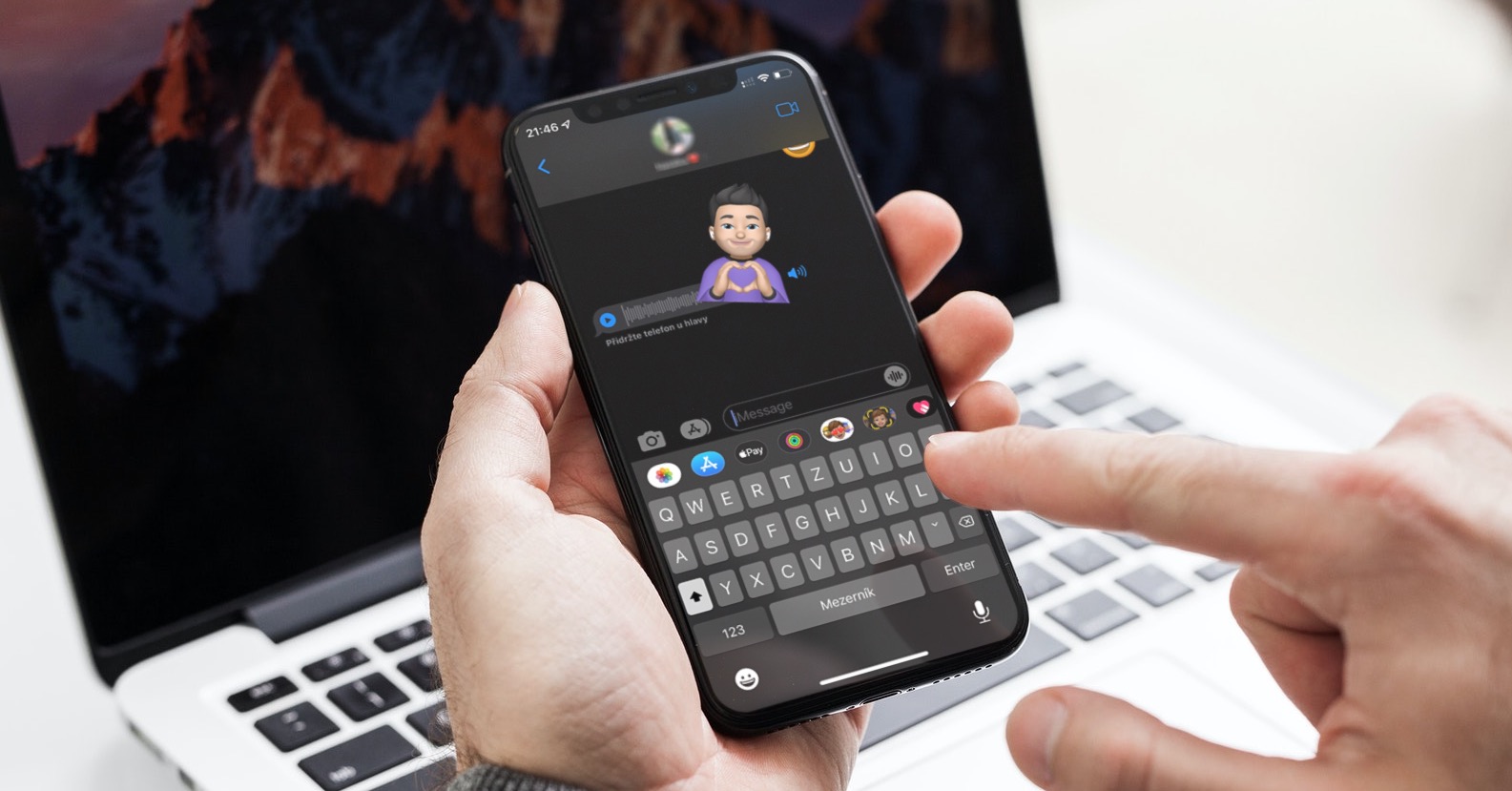
After all, this surfaced in the recent lawsuit between Apple and Epic. Epic pulled the Apple company's internal e-mail communications, from which an e-mail from the vice president of software engineering drew considerable attention. In it, Craig Federighi mentions exactly this, i.e. that iMessage blocks/makes the transition to the competition uncomfortable for some Apple users. From this, it is clear why the giant is still resisting the implementation of RCS.
Is it worth implementing RCS?
In the end, therefore, a clear question is offered. Would implementing RCS on apple systems be worthwhile? At first glance, clearly yes - Apple would thus facilitate communication for users of both platforms and make it noticeably more pleasant. But instead, the Cupertino giant is faithful to its own technologies. This brings with it better security for a change. Since one company has everything under its thumb, the software can manage and solve any problems much better. Would you like RCS support or can you do without it?
 Flying around the world with Apple
Flying around the world with Apple 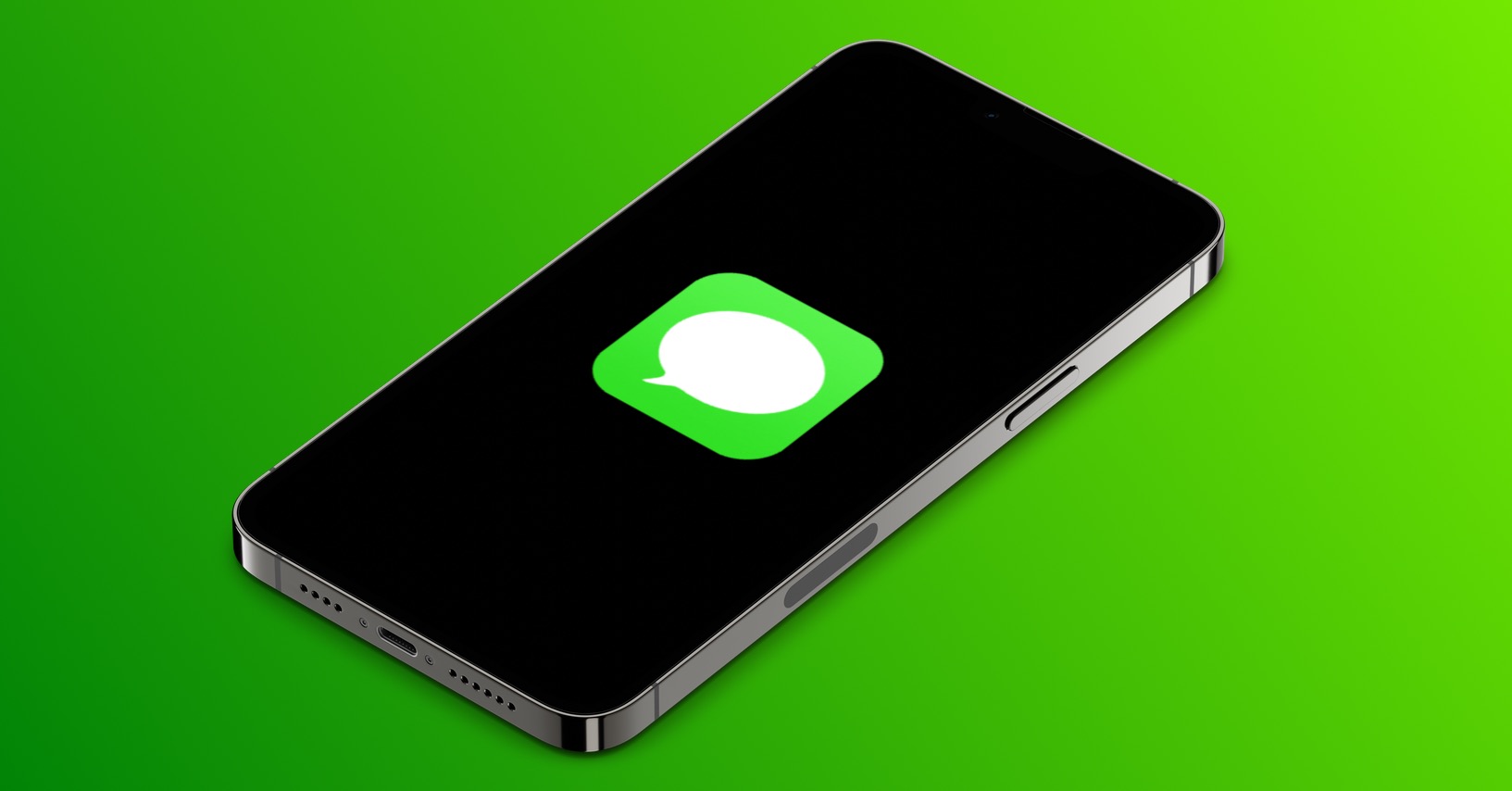
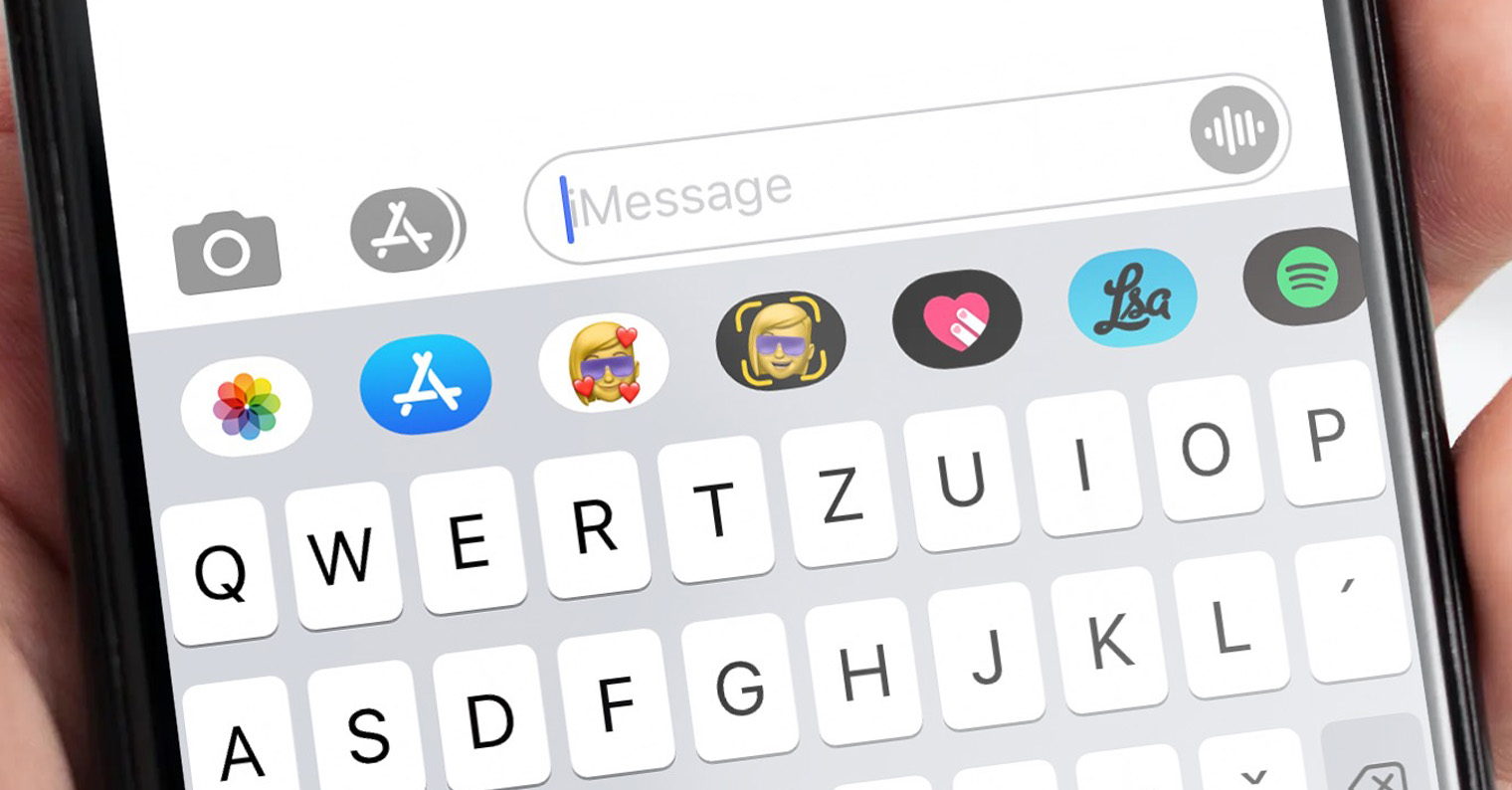
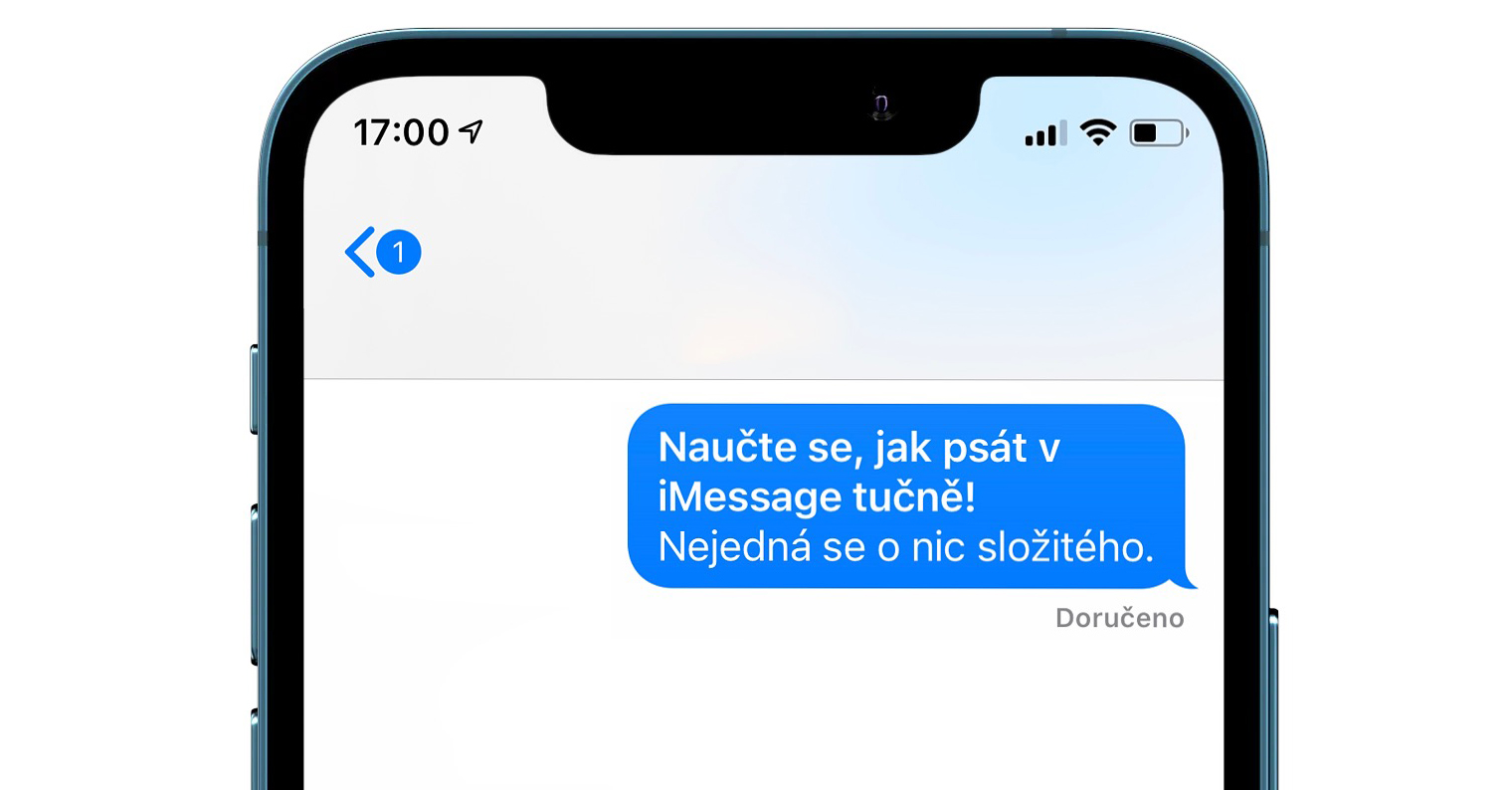
Rather than answering that poll question at the end, I wonder how many users actually use RCS and prefer it to the plethora of other communication platforms that do the same thing better and more happily.
Well, that's right, there are a lot of communicators and everyone has a different one. The advantage here is that you just have to enable RCS and not solve anything.
You didn't get it. They come across the fact that instead of "messages" (with RCS support), people use other communication protocols that also do not have RCS... So even if Apple were to release RCS, it would not pull the dizzying percentage from Messenger/Instagram/Whatsapp/Viber/Telegram/Signal, etc. .
For this reason, the implementation of RCS in the Apple ecosystem is pointless, since almost no one uses it anyway.
I have almost all communicators.. TeleGuard, Viber, iMessage, Signal, Telegram, Threema, Discord and with every script that suits the person, since those apps don't take up a lot of space, I don't see a problem with that, and I send SMS to dinosaurs 🤣
I use Samsung and there is rcs. The advantage is that when someone sends me an 'sms' I can see whether it is an sms or rcs administration and therefore the answer will be invoiced to me yes sms or it will go from data. As with the price of sms, it's about cents, but when, for example, I post something on bazos and 20 people send me sms, most of them go through rcs and I don't pay anything when I reply. Otherwise family and friends all messenger or WhatsApp